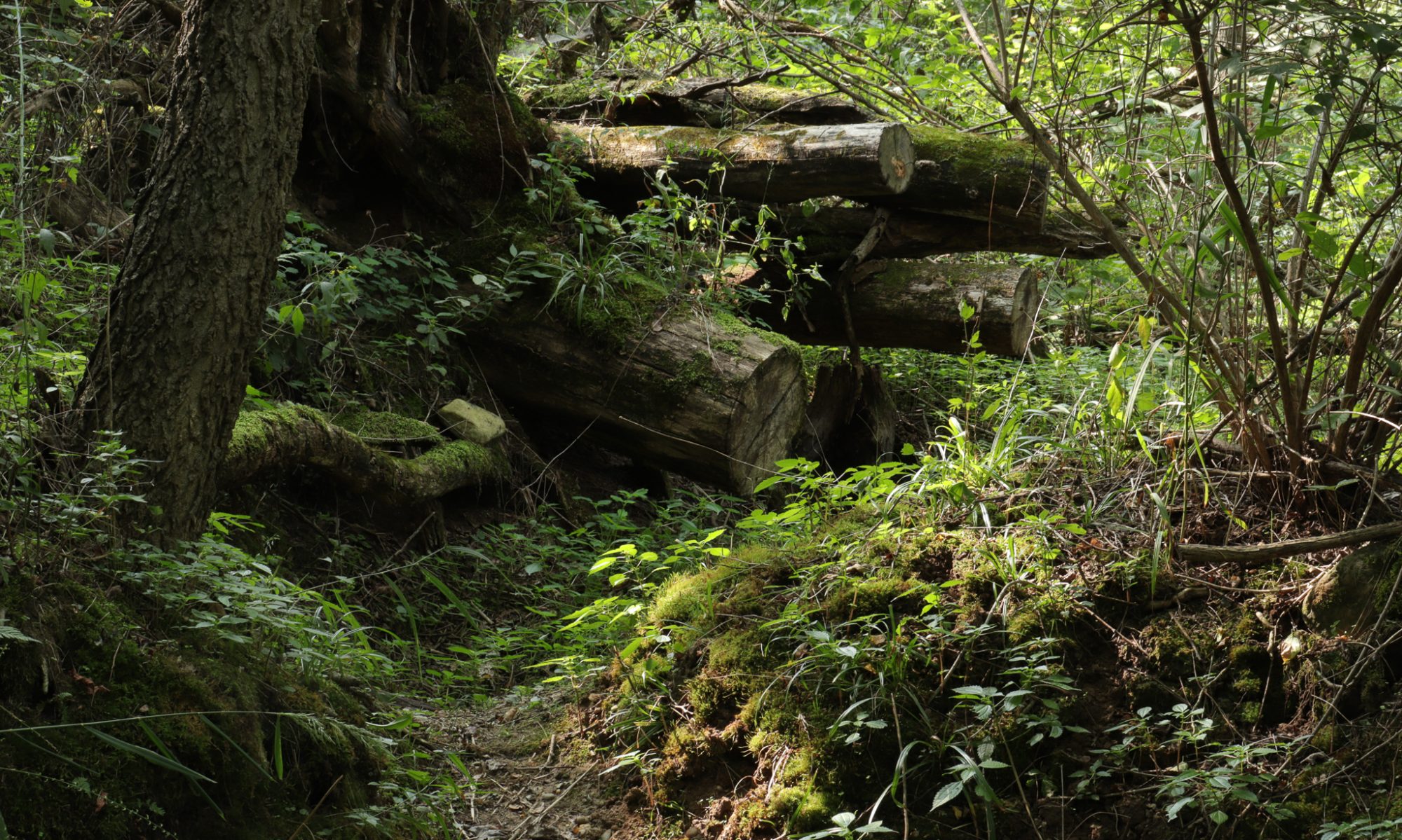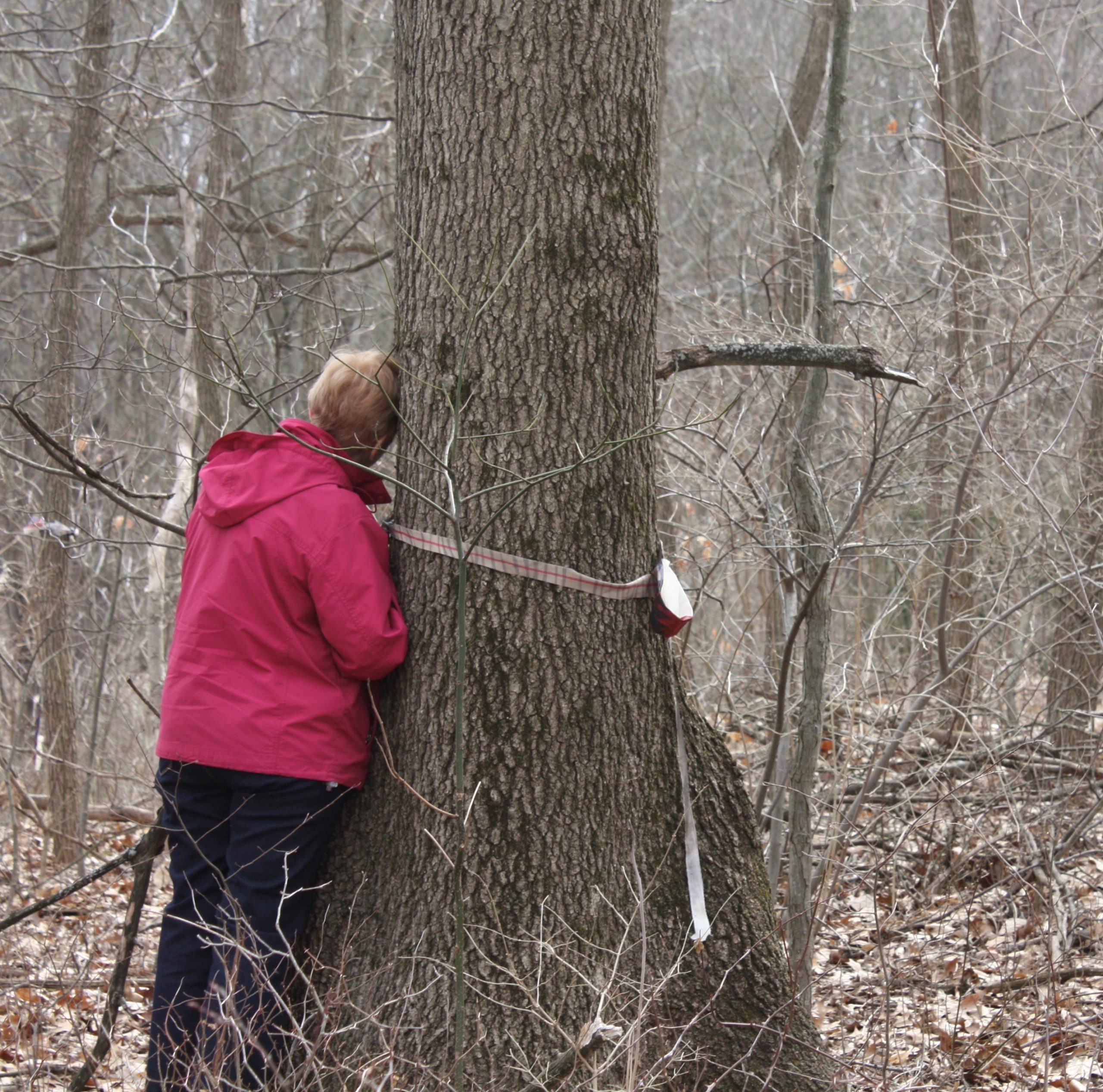(This essay is the second of two that together present some of the information that was to have been part of a day-long retreat on Holy Saturday, 2020, entitled “God in Deep Time: Showing Mercy to the Thousandth Generation.” This retreat was cancelled due to the Corona virus pandemic and related shelter-in-place order. It has since been recast as an online retreat experience. Both of these essays are available on the Hermitage Community Blog. This essay essay includes a confession and lament for Earth and the first,“Have you not heard? God in Deep Time,” provides some background on “deep time.”)
INTRODUCTION
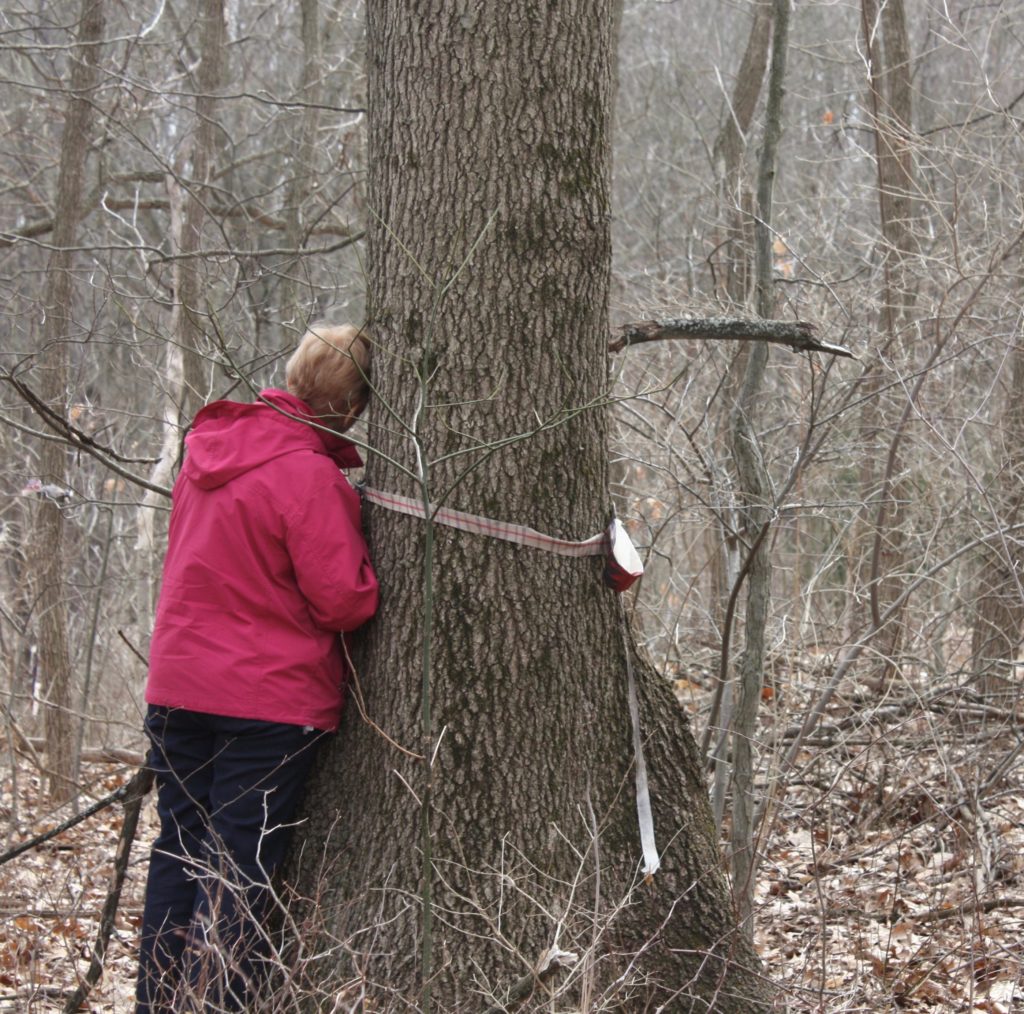
This year, when we have suspended our normal daily operations for a pandemic that is affecting millions world-wide and ending in death for thousands, we gather in absentia to mourn for Earth. While it seems like we have more immediate concerns, the viral pandemic we are facing is part of a continual roll-out of disasters due to human mishandling of our planetary island. While the arguments are too complex to spell out here (see here for more information), ecologically, the planet is poised on a knife-edge.
It does not take much imagination to take us into a downward spiral of disasters that end with much life on our planet wiped out. We are already aware of the massive extinctions of animal and plant species on Earth. We know about the immense challenges to the world-wide freshwater supply. We grieve with the continued burning of forests, both from natural and human-greed causes. We are concerned about the bleaching of coral reefs, the diminishing catch in the world’s fisheries, salinization of soils, and the effect of removal mining, fracking and oil extraction on the quality of all life on Earth. And yet, we still live our lives in comfortable bubbles. Perhaps the biggest symbol of “bubble living” is the buying of drinking water in plastic bottles that end up in our bloodstreams as microplastic residue and play havoc with our health. And that plastic which is so convenient for everything from shopping bags to house siding, is toxic waste of a greater magnitude than all the nuclear waste from our power plants. And where is God in all of this?
Today, on this day when nothing happens in the Christian church year – the day between the Crucifixion and the Resurrection – we wait to see if Christ’s death counts for anything. We wait with hope but without knowledge. We wait in darkness, hopefully the kind of darkness that makes us long for more of God. We wait. And we grieve. We wait. And we beat our fists against our chests – ah me! – how can we change our lives to endure this catastrophe? And, we must change our lives. There is no endurance without change. Just as the early disciples found that the Resurrection made all the difference in the world and they left their nets and places of business to spread the Good News, so we must leave our safety nets and find the good news that is ours to spread. And that may just cost us our lives.
Here, at The Hermitage, we have focused our attention on the issues of sustainable energy because of the gas and oil pipelines that cross this land. We are directly implicated in that industry, both unwillingly and willingly. But a healthy future of Earth depends on the sustainable production and consumption of energy, food, water, and air—all necessary supports to life.
If we continue to pursue the same kind of life we are all used to living, then the trajectory of what happens to Earth and all life is quite predictable. At some point in the future, great poverty will overcome a huge swath of human population. Then, the already-compromised food production and distribution channels will be beyond repair and the poor will be hungry. Already, the quality of water available to rich and poor alike is contaminated. And our air quality is now part of our “weather” forecasts as we daily determine if it is safe to be outside our homes or safer to stay inside. At some point in the future, but visible now, the biodiversity of the planet will be diminished to the point of impoverishing every ecosystem creating ever greater swings in the cycles of disease and death.
Environmental educator, Mitchell Thomashow, in an article entitled, “Environmental Learning and Covid-19” writes, “We don’t need lifeboats. We need resilient communities that can work together to provide essential needs as environmental contingencies impact our communities,” [Accessed 4/8/2020]. Here is a call to be part of just such a resilient community. Will you join in confessing your complicity, lamenting with Earth and pledging to make a change in your life for the next year? Will you come again on Holy Saturday in 2021 to see if the the death that you are asked to die—the small death to will and comfort—has borne fruit in you and for Earth? Please come, even if you fail, we need each other more than ever to learn from one another, to strengthen our resolves, to become the kind of people who show by how they live, how they love one another and the whole Earth.
CONFESSION
Picture, if you can imagine it, a dump truck that is two stories high. Imagine an earth moving machine made to fill that truck. Multiply that vision by hundreds and watch as the boreal forest in an area the size of the state of Florida is first clear-cut and then the land is scraped with the earth moving machine and dumped into the house-sized trucks for tranport to a processing area. Can you see the processing area with huge vats where the scraped earth is mixed with toxic chemicals and spun like a giant washing machine to release oil residue from the earth. Imagine the waste from these spinning vats being dumped into vast lakes, covering more than 85 square miles, about 1/10 the size of Lake Erie, containing more than 317 million gallons of contaminated water. Imagine the effects of this network of foul water on the fresh water of Alberta. Now, imagine that the bitumen, produced in this fashion is further diluted by naphtha, a flammable derivative of Natural Gas drilling that is a known carcinogen and, if released, a dangerous airway irritant.
This diluted bitumen, or diluted crude oil, is what flows in the pipeline under our feet at The Hermitage. In its natural state, it is harmful to the environment in which it is mined. The mining process further contaminates large areas of Alberta. And, when the pipelines rupture, as in the spill into the Kalamazoo River watershed in 2010, the oil contaminates other ecosystems as well. Imagine, too, that we have not yet discovered a clean way to burn fossil fuels. Every bit of the oil and gas used as fuel ends up contaminating our air, our waterways, and the ocean and weakening the life of every plant and animal alive on the planet.
If all of life is harmed by the mining and use of this fuel, why do we mine it? It is worth trillions of dollars for the oil companies which produce the fuel. While relatively cheap for the consumer to use, it creates enormous wealth for a very few and consequent power for those same few. And we consumers of this resource are left wanting more. Because we can have it. Because our way of life depends on it.
Can you imagine life without fossil fuels? You would have to go back to the days before kerosene lamps, before coal-burning furnaces, before gas stoves. And we don’t want to go back. Life was harder, then. People then could not travel the great distances we can each day, now. So much of life depends on fuel. And that’s just the way the oil companies like it. Pollute all they will, we will still clamber for more and more because that’s the way life is. Technology even runs on fossil fuels. Electricity is overwhelmingly produced by the burning of coal, natural gas and oil. Can we live without technology? Can we live without oil? Will we?
You are invited to use the following “Confession and Lament” as a guide for your confession this Holy Saturday.
Confession of complicity
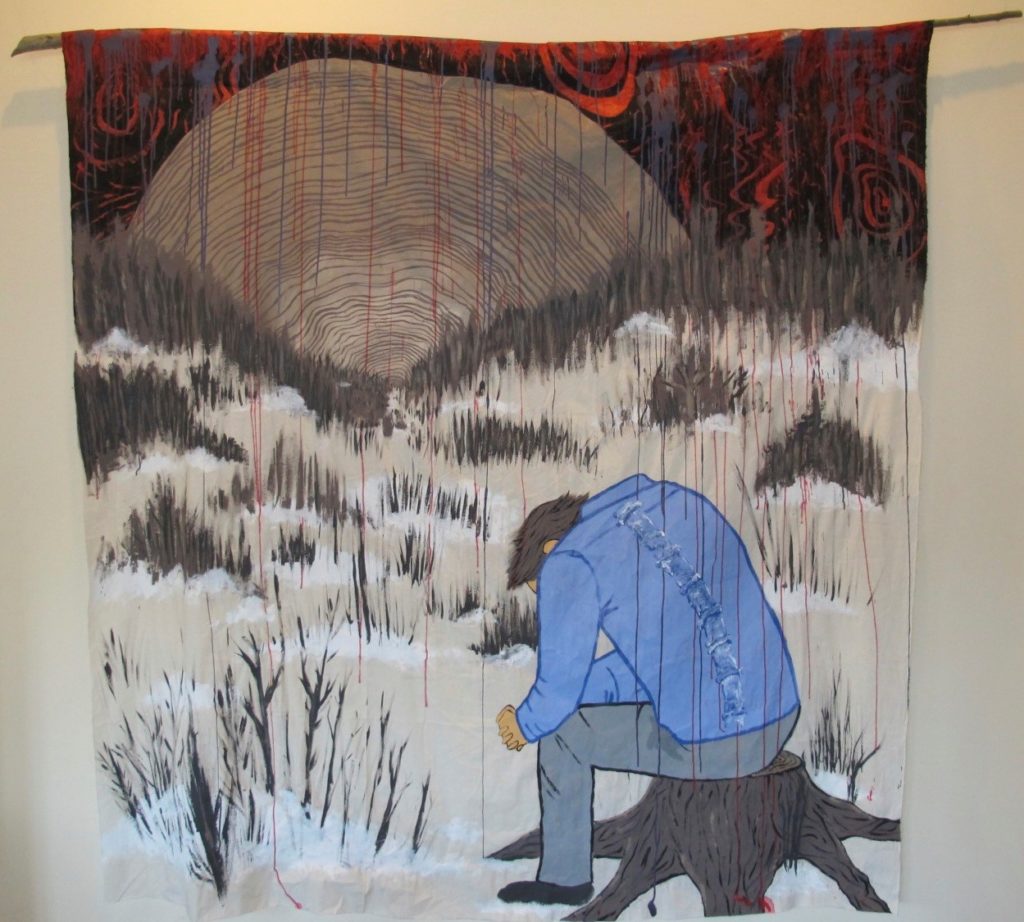
from The Unsettling of America, Wendell Berry
“The difficulty with mechanically extractable energy is that so far we have been unable to make it available without serious geological and ecological damage, or to effectively restrain its use, or to use or even neutralize its wastes. From birth, right now, we are carrying the physical and the moral poisons produced by our crude and ignorant use of this sort of energy. And the more abundant the energy of this sort that we use, the more abounding must be the consequences.” (p.84)
Psalm 51:3-9
“For I know my transgressions, and my sin is ever before me.
Against you, you alone, have I sinned, and done what is evil in your sight, so that you are justified in your sentence and blameless when you pass judgment.
Indeed, I was born guilty, a sinner when my mother conceived me.
You desire truth in the inward being; therefore teach me wisdom in my secret heart.
Purge me with hyssop, and I shall be clean; wash me, and I shall be whiter than snow.
Let me hear joy and gladness; let the bones that you have crushed rejoice
Hide your face from my sins, and blot out all my iniquities.”
Confession Litany:
For each item in the Litany, pause to identify and name your personal complicit involvement.
•We have tended to use the earth rather than live with it. Forgive us, O God, our complicity.
•We have often abused the land and its resources rather than treasure them Forgive us, O God, our complicity.
•This “use and abuse” attitude has consequences; infertility, disease, weakness and now, a massive and measurable change in our atmosphere causing dangerous and drastic weather around the globe Forgive us, O God, our complicity.
•We have sacrificed creativity for production and linked excess to prosperity Forgive us, O God, our complicity.
•We have shared in pushing companies to provide cheap goods to assuage our voracious hunger for more; this has taken jobs away from workers here and created unjust work elsewhere in the world Forgive us, O God, our complicity.
•We have acted to remake a landscape to serve our needs rather than recognize the work of the Creator in placing us in the just landscape for which we long Forgive us, O God, our complicity.
•We have arrogantly argued that since we are better off, the earth must be as well Forgive us, O God, our complicity.
•We have used our feeling of prosperity as the measure of our right to exploit the land, and contaminate air and water around the globe Forgive us, O God, our complicity.
•We have lied to ourselves that if we preserve small areas of wilderness, the rest of the biosphere can be developed, stripped of resources and left to rejuvenate without recognizing that the natural process that gave us these resources takes thousands of years to repeat Forgive us, O God, our complicity.
•We have willingly deprived ourselves of the spiritual richness of place by being so readily uprooted by the possibility of personal gain Forgive us, O God, our complicity.
•We believe the lie that more and bigger is always better, though we experience the degraded quality of life that comes as a result Forgive us, O God, our complicity.
•We have tended toward conservatism—doing what we have always done—rather than conservation—working to reverse the negative flow of misuse and waste of earth resources Forgive us, O God, our complicity.
•We have left lights on, heat high, cars running, air conditioning low, water dripping Forgive us, O God, our complicity.
•We have thrown away when there is no “away” Forgive us, O God, our complicity.
•We have hoarded what could be useful to others Forgive us, O God, our complicity.
•We have simply lived for ourselves while others go wanting Forgive us, O God, our complicity.
Give us courage to use less, demand creative change and care deeply for what is already here. AMEN.
LAMENT for the EARTH
We lament that our abuse of creation
Has brought lasting damage
To the world we have been given:
To the world we have been given:
Polluting streams and soil,
Poisoning the air,
Altering the climate, and damaging the earth.
We commit ourselves
To honor all living things
And to protect them from abuse and extinction,
For our world belongs to God.
From Our World Belongs to God: a contemporary testimony
Act out your lament. Choose one of these actions or one of your own devising.
- Write your heartache for the planet on a paper and bury or burn it.
- Go outside, lift up your hands, and keen. Keening is an ancient form of expressing grief by wailing high and loud.
- Wrap your arms around a tree and hold its sadness.
- Weep.
- Lie face down on the earth with outstretched arms, listening for its heartbeat. Make it your intention to care for what you are embracing.
Declaration of Hope
We believe that the act of constructing a pipeline is not the last word for this land.
We believe in restoration.
We believe that the use of limited fuel from the earth will end.
We believe the wisdom of the earth will prevail.
We believe there is good work for Enbridge to do.
We believe in transformation.
We will work together to protect the earth.
We will be mindful of the generations to come.
We will change our lives so that what we do supports sustainable life on earth.
CONCLUSION
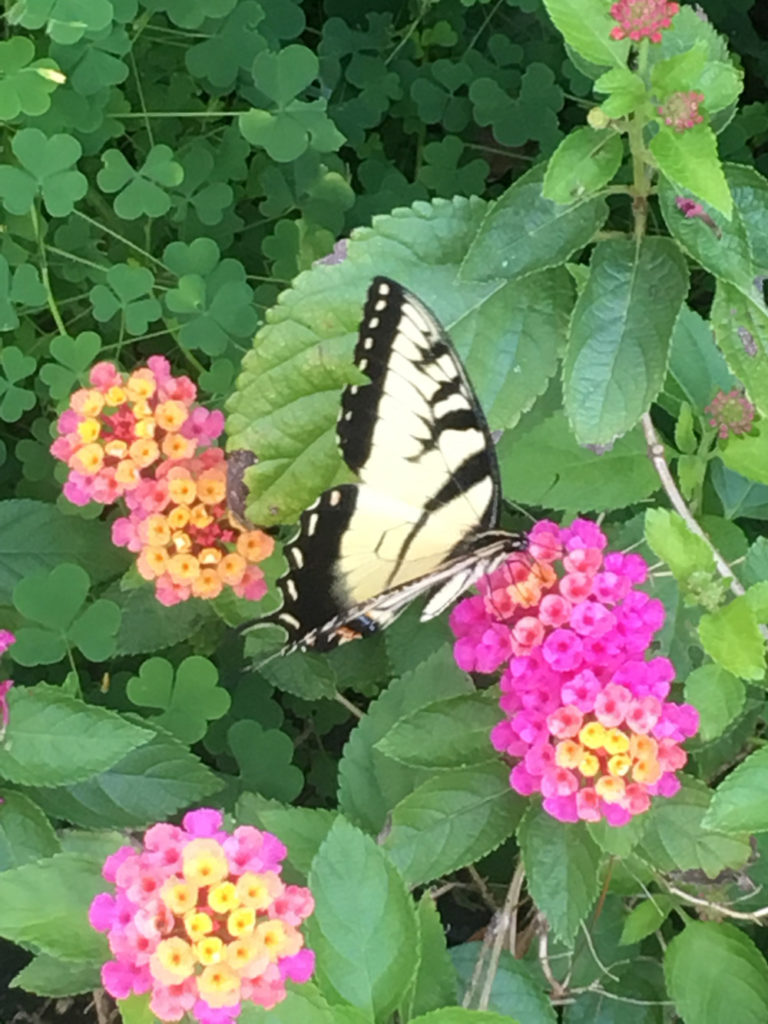
In a podcast on the Emergence magazine website, science writer David Quamman speaks of the current viral crisis as an opportunity. He says: “I am not an optimist by disposition, but I’m stubborn when it comes to hope. I think that hope is not a psychological condition. Hope is an act of will. And therefore I think we have a responsibility to be hopeful that we can do things that will make the final result at least not quite as bad as it might have been otherwise.
Quamman continues: “And with this … hideous pandemic that we’re in right now, this scary thing that may take many, many lives, but in the meantime is also destroying people’s jobs, disrupting cultures and economies around the world, it’s a bad thing. The former mayor of Chicago, …Rahm Emanuel, … famously said, “We should let no crisis go to waste.” There’s wisdom in that, and I think that’s the case here. We should not let this crisis go to waste. We should use it as an opportunity to demand from ourselves and demand from our leaders substantive change, real, drastic change in the way we live on this planet, while we still have time.” [accessed 4/8/2020]
The insertion of this pipeline into the earth, the viral pandemic, and all catastrophes we may yet face in the coming year are possible catalysts for real change – change in our behaviors and change in the public sphere. May we all share this hope. For this is God’s world. It always has been. It will continue to be. It is not ours to use as we like. It is our place to tend this earth, to care for its creatures, to enjoy its wonders. Let us stop poisoning the land and our future by finding ways to let go of our way of life and embrace the way of life we find in the risen Christ—a life lived Godward and not toward self-fulfillment.
Hear the voice of the hymn writer, Carl P. Daw as you move through the darkness of this day to the hope of tomorrow.
How shallow former shadows seem beside this great reverse,
as darkness swallows up the light of all the universe.
Creation shivers at the shock, the temple rends its veil.
A pallid stillness stifles time and nature’s motions fail.
This is no midday fantasy, no flight of fevered brain,
With vengeance awful, grim, and real, chaos is come again.
The hands that formed us from the soil are nailed upon the cross.
The Word that gave us life and breath expires in utter loss.
Yet deep within this darkness lives a Love so fierce and free,
that arcs all voids and — risk supreme! — embraces agony.
Its perfect testament is etched in iron, blood and wood,
With awe we glimpse its true import and dare to call it good.
May you wake tomorrow renewed in body and spirit, when the “Alleluias!” resound.
